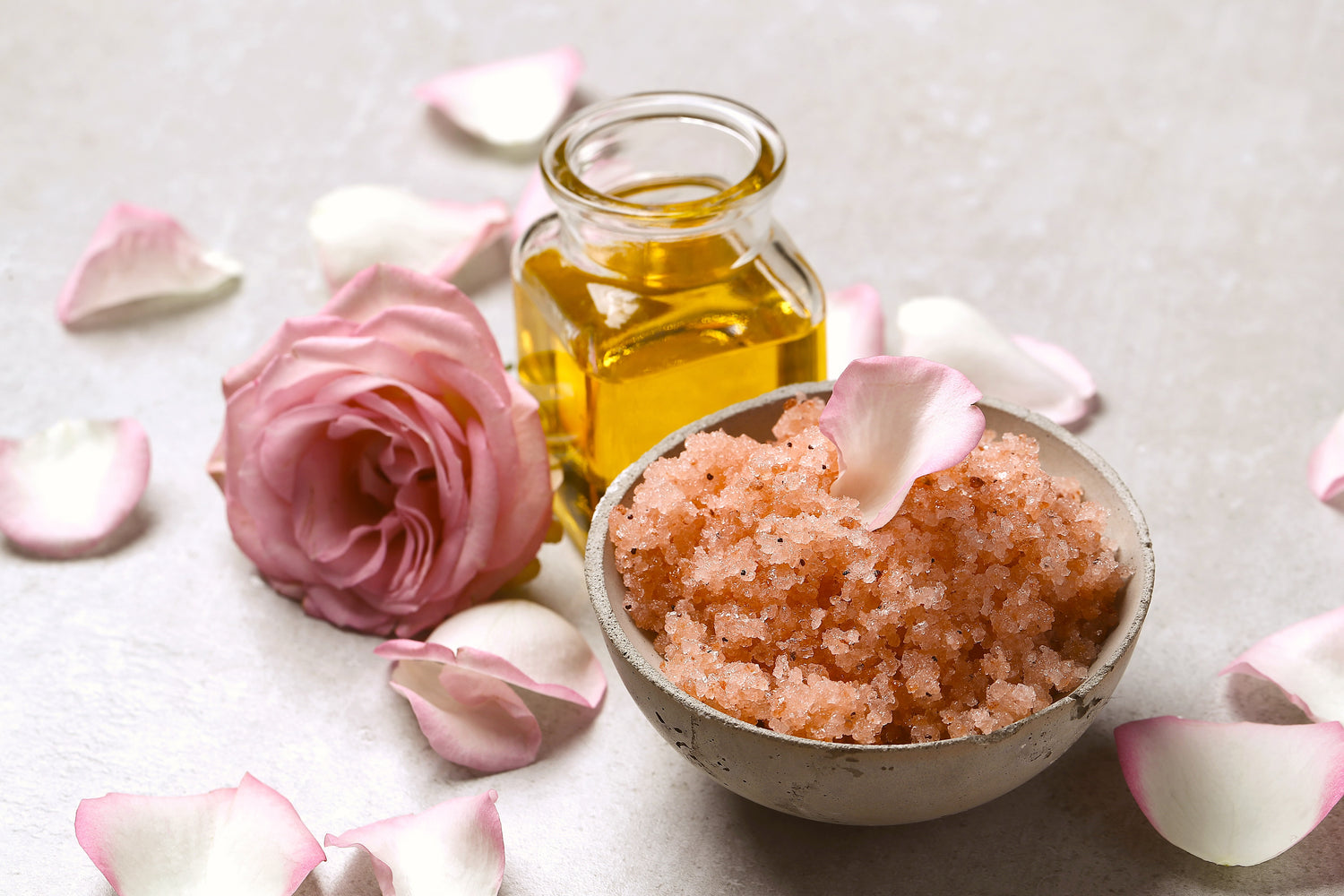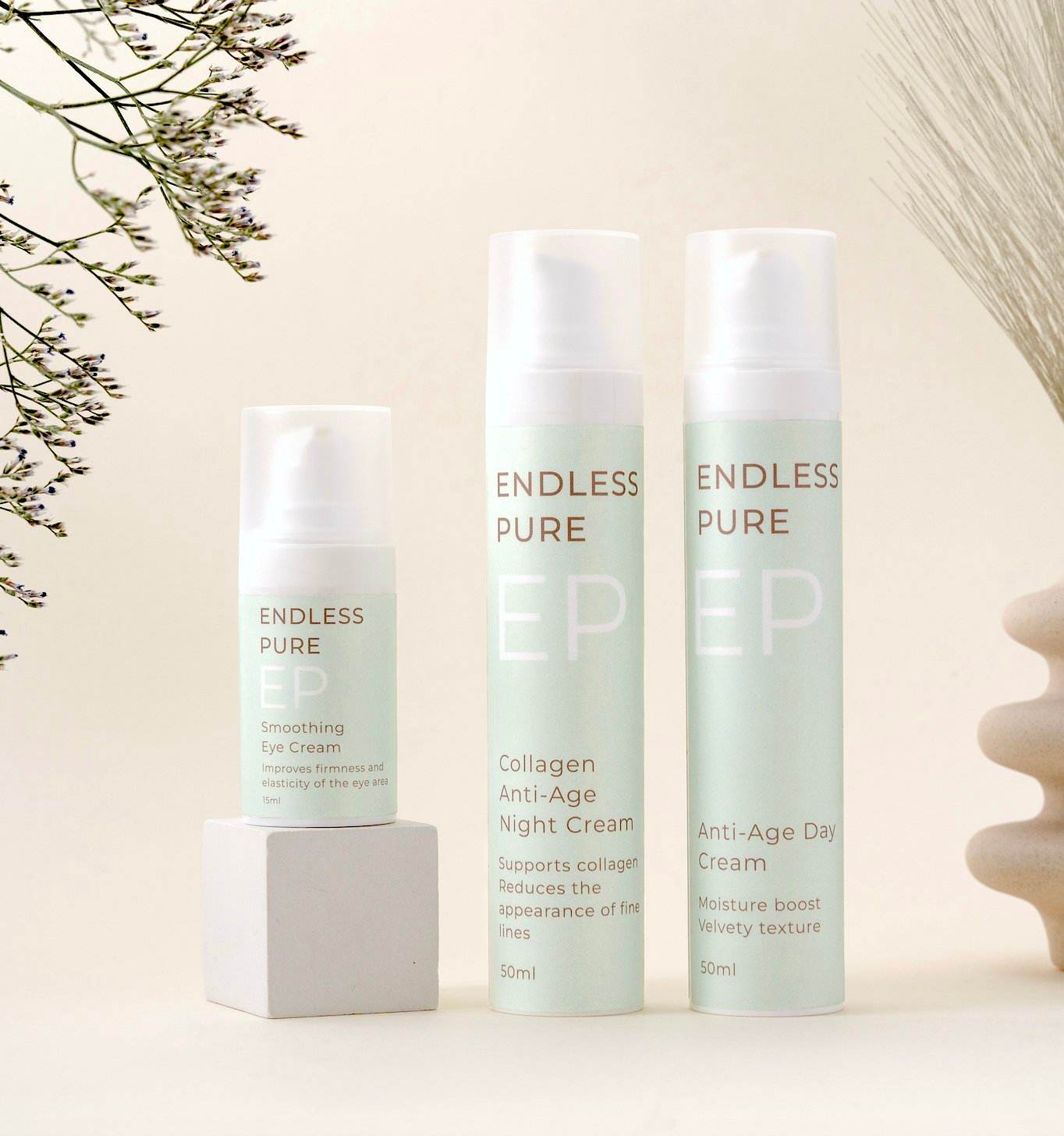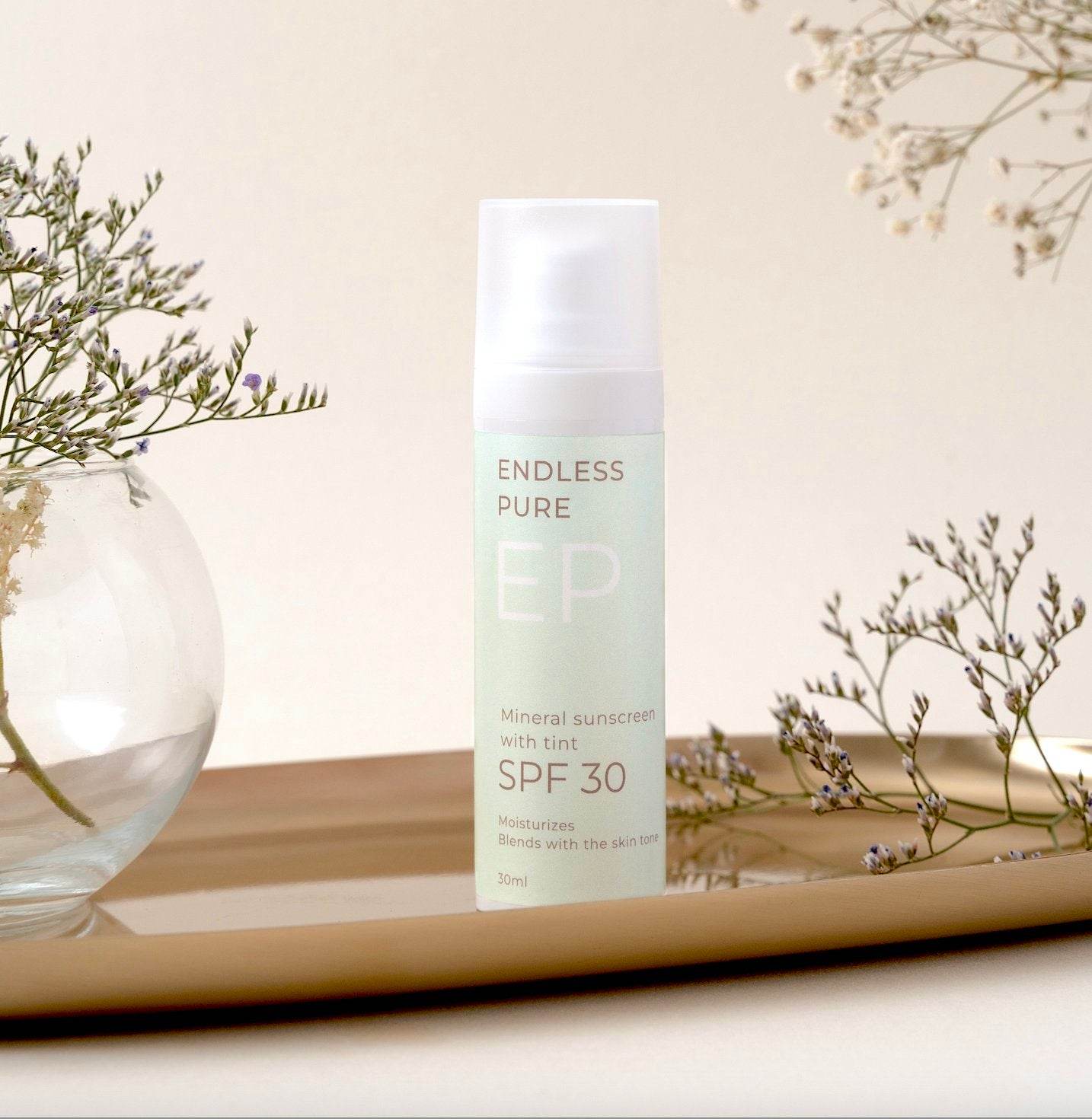
ENDLESS PURE JOURNAL
How to distinguish real natural cosmetics from those that pretend to be natural
3 min read
Distinguishing real natural skincare from products that merely claim to be natural requires careful attention to several key factors.
1.Ingredient list
First, carefully examine the ingredient list.
Authentic natural skincare products feature plant-based ingredients, such as botanical extracts, essential oils, and natural butters, and avoid synthetic chemicals like parabens, sulfates, and artificial fragrances. The ingredients should be easily recognizable, with Latin names or common names clearly stated. Beware of products that use complex, scientific-sounding names without explanation, as these often mask synthetic ingredients.
Check if the brand provides detailed information about each ingredient’s origin and benefits, which shows a commitment to quality and education.
2. Certifications.
Certifications are a reliable indicator of a product's authenticity.
Look for reputable certifications like Ecocert, USDA Organic, or COSMOS, which confirm that the product meets stringent natural or organic standards. These certifications ensure that the ingredients are responsibly sourced and processed without harmful chemicals.
Be cautious of products that claim to be "natural" or "organic" without any certification, as these terms are not regulated and can be used loosely in marketing.
Claims "green”or "eco-friendly" without specific backing can also be misleading.
3. Packaging
The packaging of natural skincare products can also provide clues.
Real natural skincare brands often prioritize environmentally friendly packaging, using recyclable or biodegradable materials. They may also emphasize minimalistic designs that reflect their commitment to sustainability. Conversely, products that only pretend to be natural might still use conventional, non-recyclable packaging, undermining their environmental claims.
4. Scents
Pay attention to the product’s scent.
Authentic natural skincare products usually have a mild, pleasant fragrance derived from essential oils or botanical extracts. In contrast, synthetic products may have strong, overpowering scents, often created by artificial fragrances, which can be irritating to the skin.
5. Transparency
Transparency is another hallmark of real natural skincare.
Reputable natural skincare brands often have a clear mission and values centered around sustainability, ethical sourcing, and natural ingredients. They are transparent about their practices and often provide detailed information about their products on their websites. If a brand lacks transparency or their claims don’t align with their practices, it’s worth questioning their authenticity.
6. Education
Another factor to consider is the brand’s commitment to education.
Authentic natural skincare brands often invest in educating their consumers about the benefits of natural ingredients, the importance of sustainability, and how their products are made. This educational effort is usually reflected in blog posts, detailed product descriptions, and even customer service interactions. Brands that focus solely on marketing buzzwords without providing substantial information may not be as genuine as they seem.
7. Effectiveness
Lastly, the effectiveness of the product over time is crucial.
Real natural skincare might take a little longer to show results compared to synthetic-based products, but these results are often more sustainable and less likely to cause adverse reactions. If a product claims instant results but relies on harsh chemicals to achieve them, it may not be truly natural.
By considering all these factors you can more effectively distinguish real natural skincare from those that simply pretend to be, ensuring you invest in products that are truly beneficial for your skin and align with your values for sustainability and natural beauty.
Discover Anti-Aging Routines And Curated Selection of Products

endless pure journal
MORNING AND EVENING ROUTINES
Learn how to follow your daily anti-aging routines



